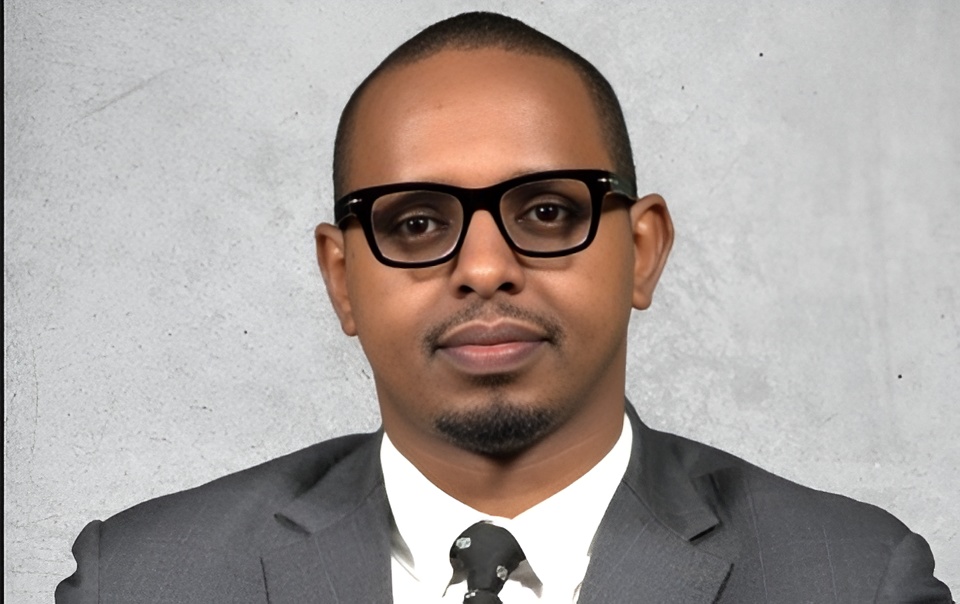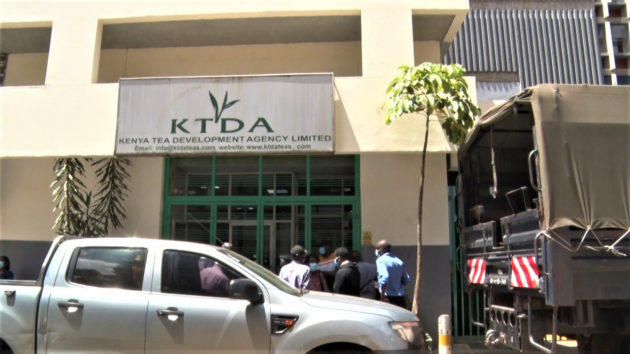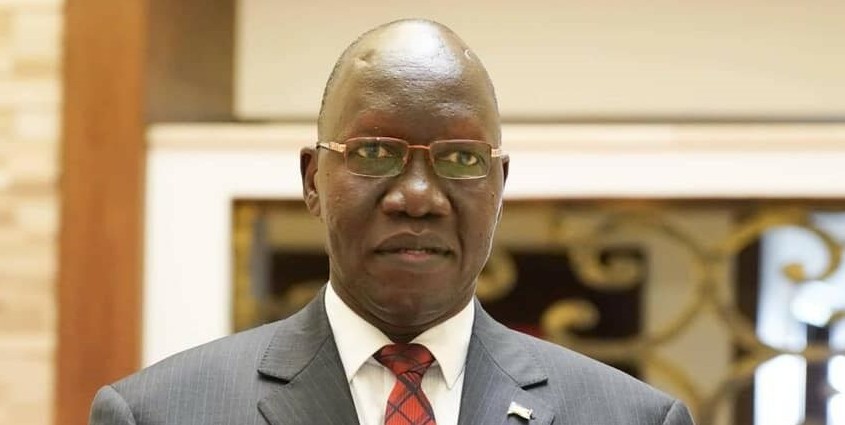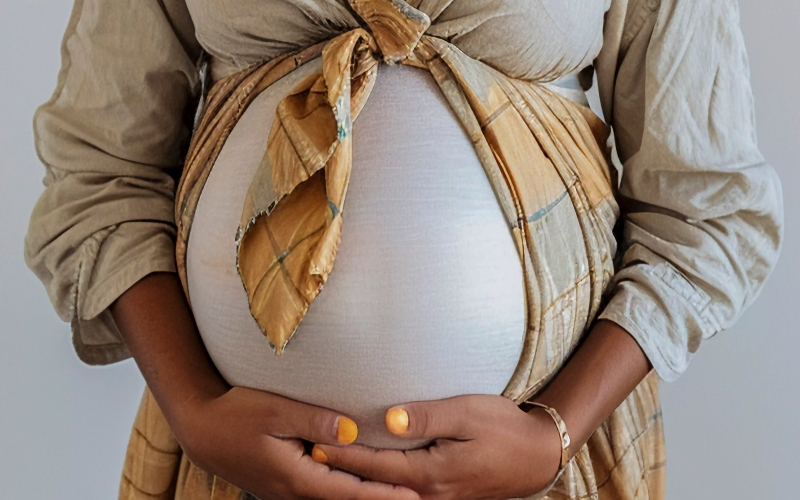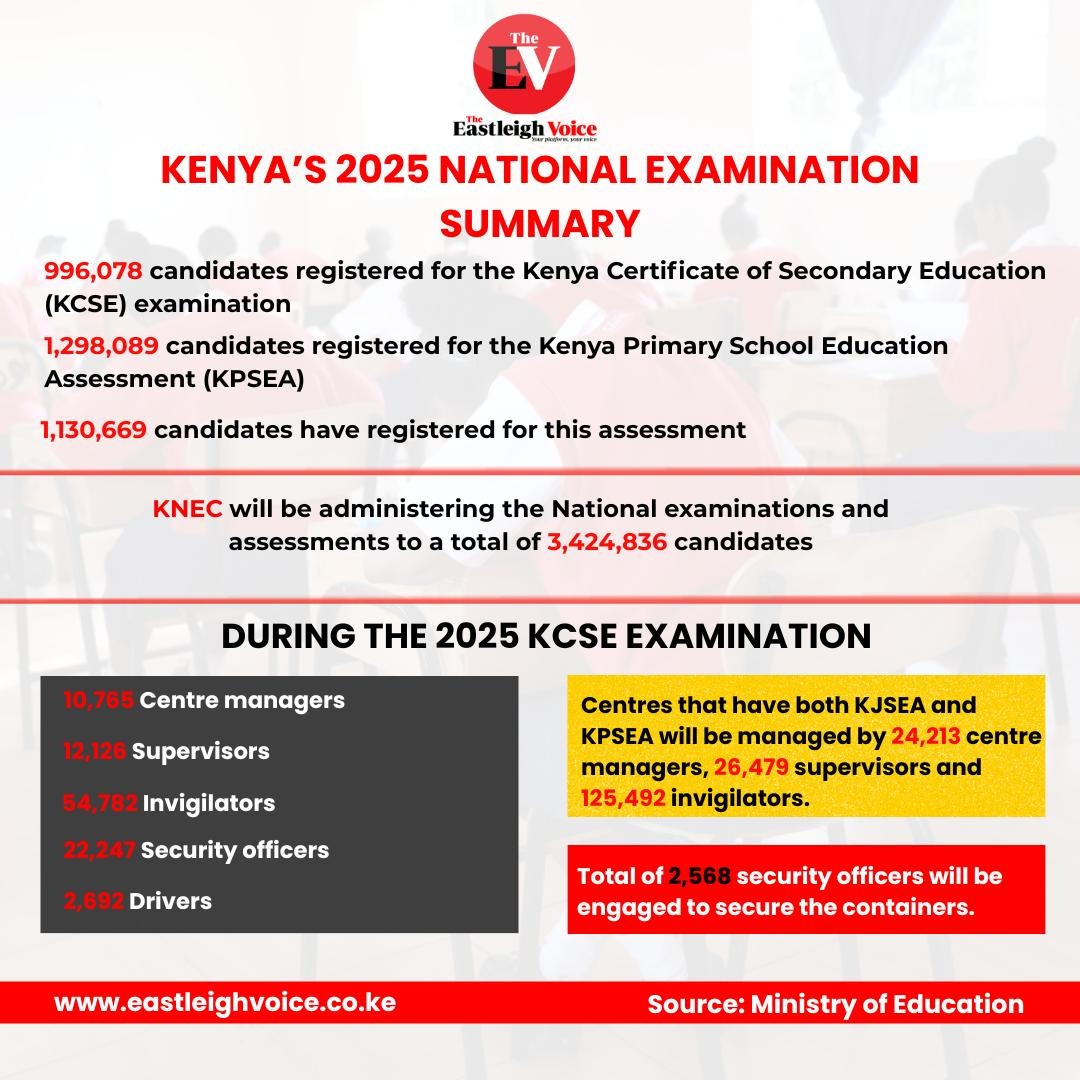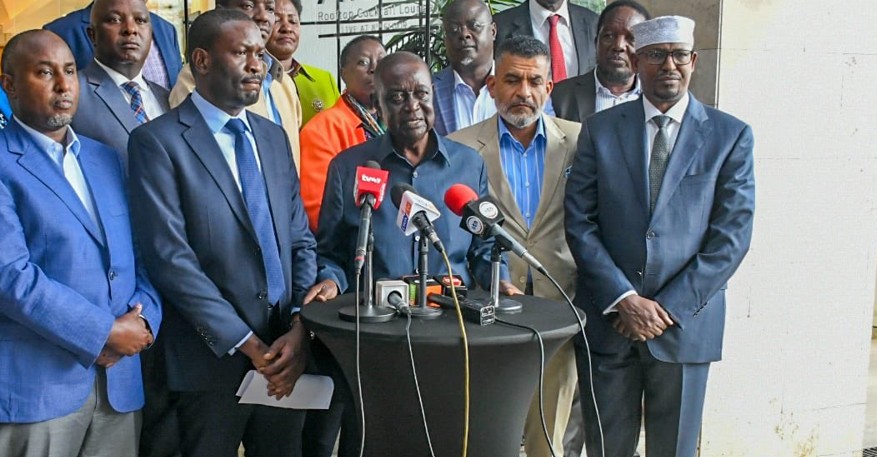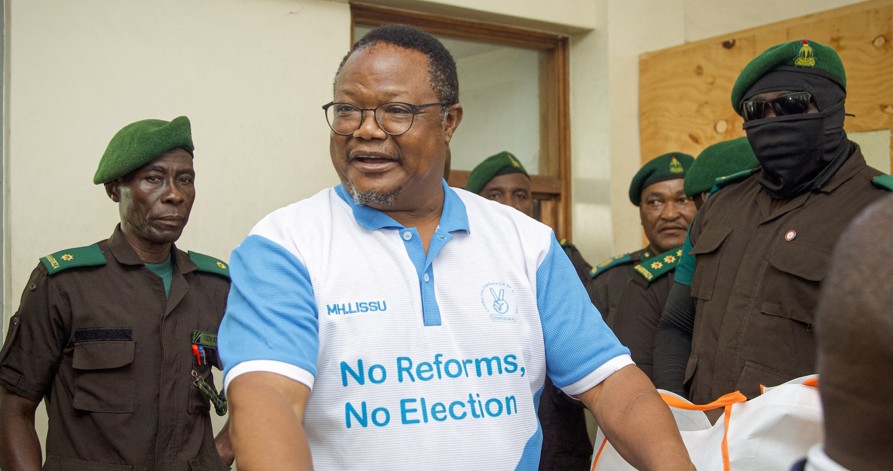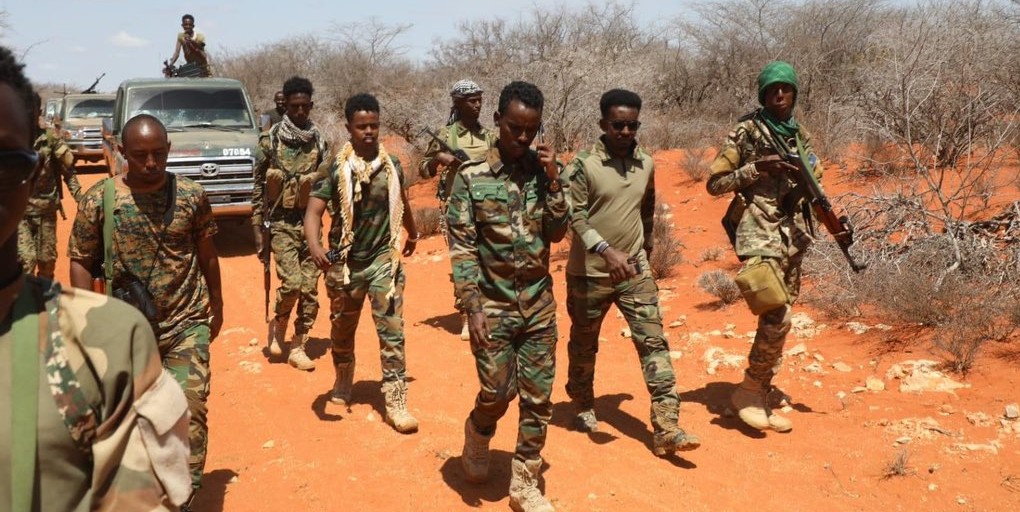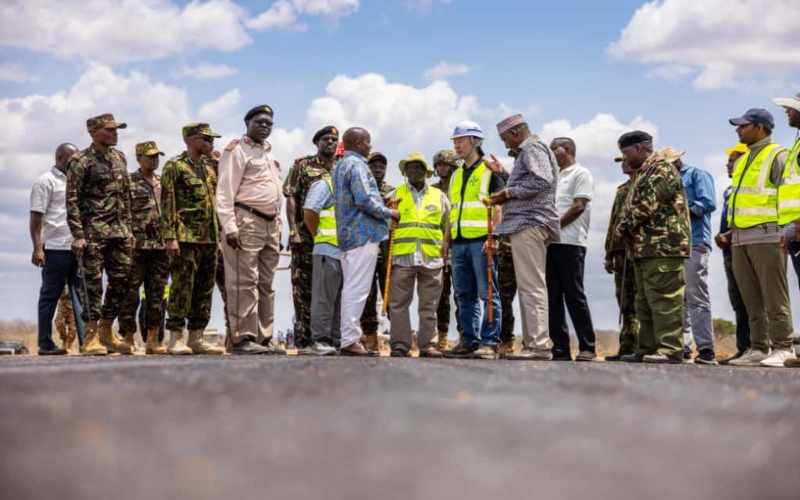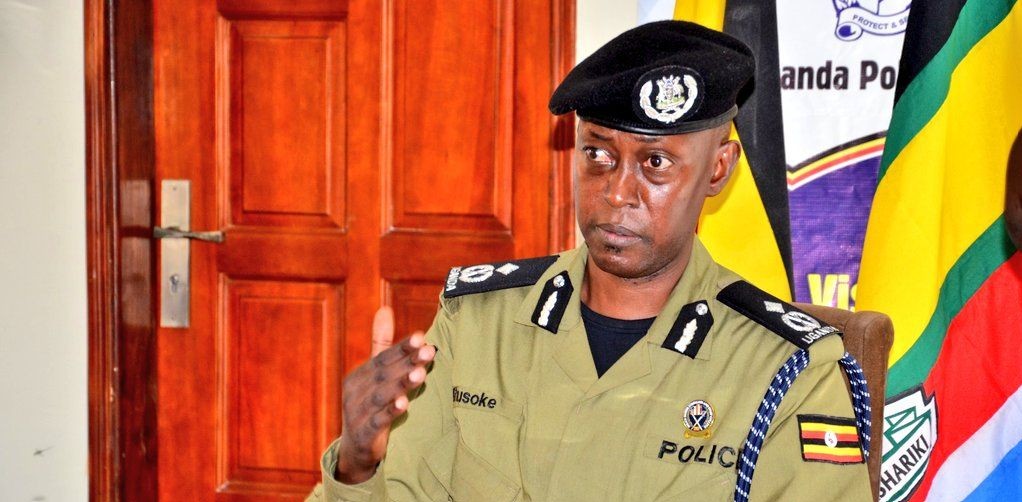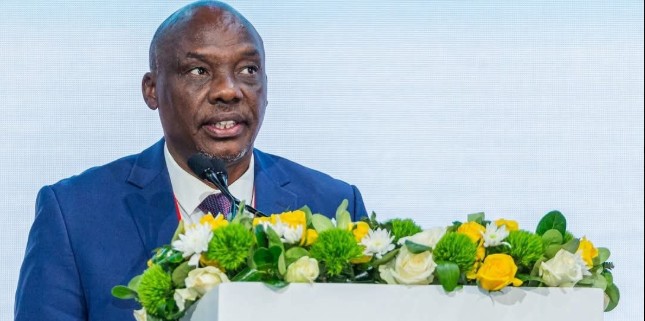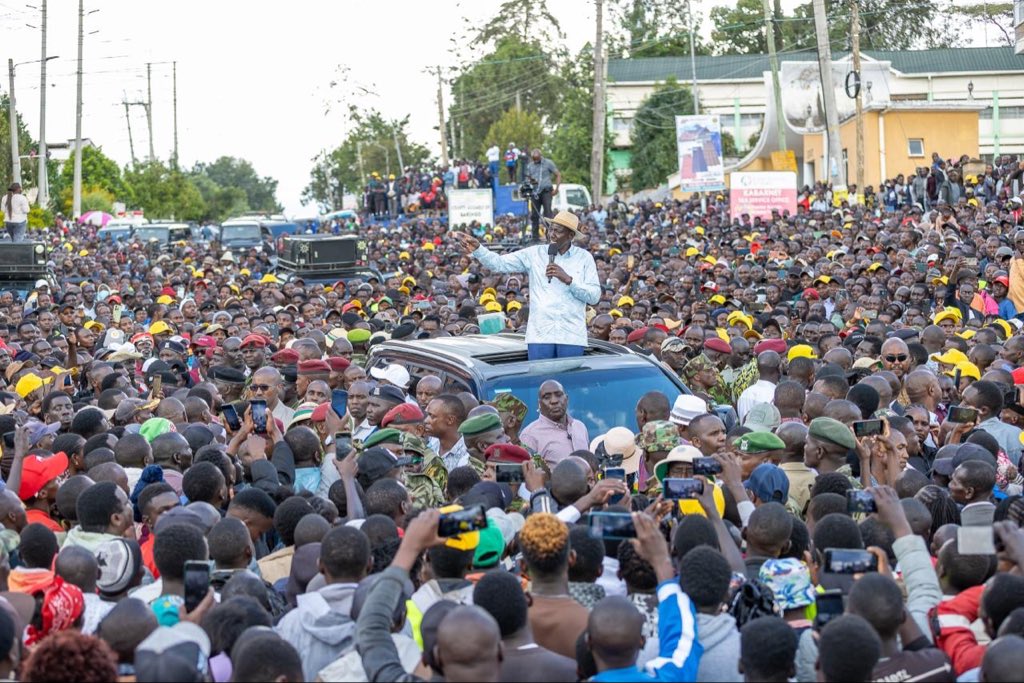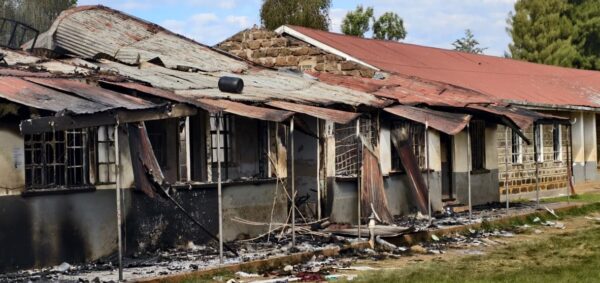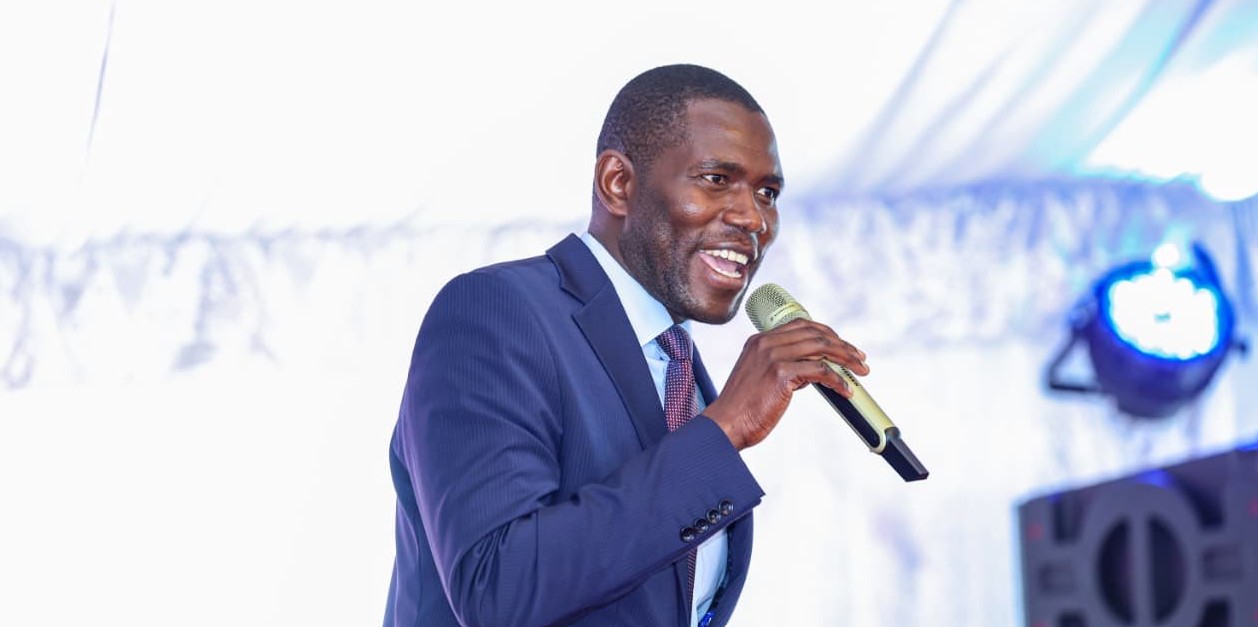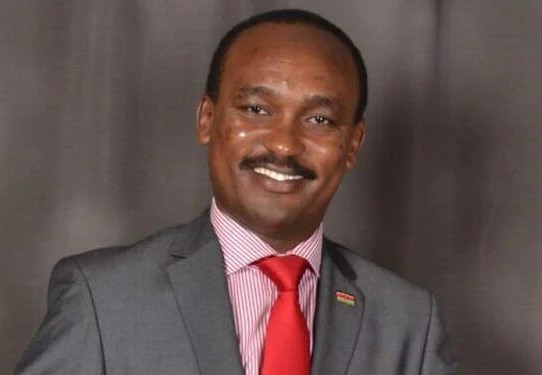Sudan sees sharp rise in violent school attacks amid war
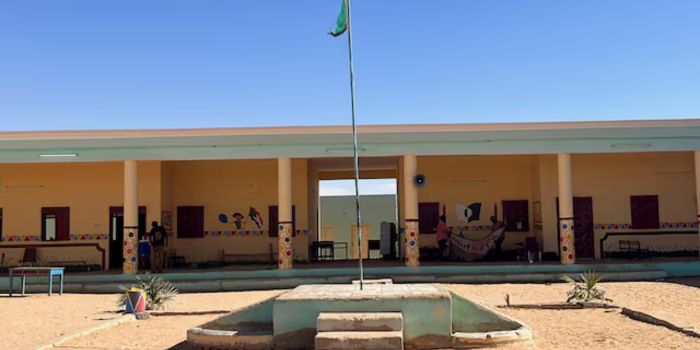
Incidents include airstrikes on schools, which have resulted in student and teacher casualties, torture, killings, abductions of educators, and sexual violence against students.
The number of violent attacks on educational institutions in Sudan has quadrupled since the conflict began in April last year, with 88 reported incidents leading to widespread closures, according to an analysis by Save the Children.
The incidents include airstrikes on schools, which have resulted in student and teacher casualties, torture, killings, abductions of educators, and sexual violence against students. Schools have also been occupied by armed groups, used for weapon storage, and turned into battlegrounds.
More To Read
- IOM urges immediate aid as Khartoum returnees surpass one million
- UN Rights Chief appalled by continued killing of civilians in Sudan
- ICC renews call for the arrest of former Sudan President Omar al-Bashir
- Human Rights Coalition sounds alarm over war crimes in Sudan
- Harrowing tales of SGBV in North Darfur as Sudan's conflict rages
- Khartoum Bahri battles surge in malaria, dengue and typhoid as cholera death toll rises
This alarming increase in attacks comes as the Education Cluster, a coalition of aid agencies including Save the Children, turns its attention to Sudan, warning that the country is on the brink of the worst education crisis globally.
The majority of schools are closed, leaving more than 18 million of Sudan's estimated 22 million children missing out on learning for over a year.
Save the Children's analysis reviewed incidents reported in the Armed Conflict Location & Event Database (ACLED) between April 2023 and April 2024, highlighting a significant rise in attacks compared to the 23 incidents recorded in the year before the conflict.
The trend of increasing violence against educational institutions is not confined to Sudan.
In February, Save the Children reported a 20 per cent increase in attacks on schools, teachers, and students in African Union countries, with 411 cases reported in 2023.
In response to this crisis, the organisation has urged leaders in Sudan and other nations to ensure the safety of schools and protect children's right to education.
With education as the AU's primary focus in 2024, the organisation has called for the development of resilient systems to provide inclusive, lifelong learning opportunities.
Save the Children emphasises the need for urgent political action to end the Sudan conflict and initiate a locally-led comprehensive peace process. It is also calling on all parties to adhere to international law, ensuring humanitarian access and the protection of children.
Arif Noor, Save the Children's country director, noted that "it's not just children's lives that are on the line, but also their futures."
"Millions of children continue to face disruptions to their education with their schools destroyed by bombs, taken over as shelters for displaced families, or learning stopped as children flee," Arif said.
"Sudan is a signatory to the Safe Schools Declaration, an inter-governmental political commitment to protect students, teachers, schools, and universities from the worst effects of armed conflict. We need to see action on this commitment so that education and children's futures are protected from harm."
Sudan is grappling with a civil war between the army, led by General Abdel Fattah al-Burhan, and the paramilitary Rapid Support Forces (RSF), led by Mohamed Hamdan Dagalo.
The country is facing one of the largest unfolding crises globally, with thousands of civilians estimated to have died, and approximately 25 million people, or half of the population, in need of humanitarian assistance.
Top Stories Today
